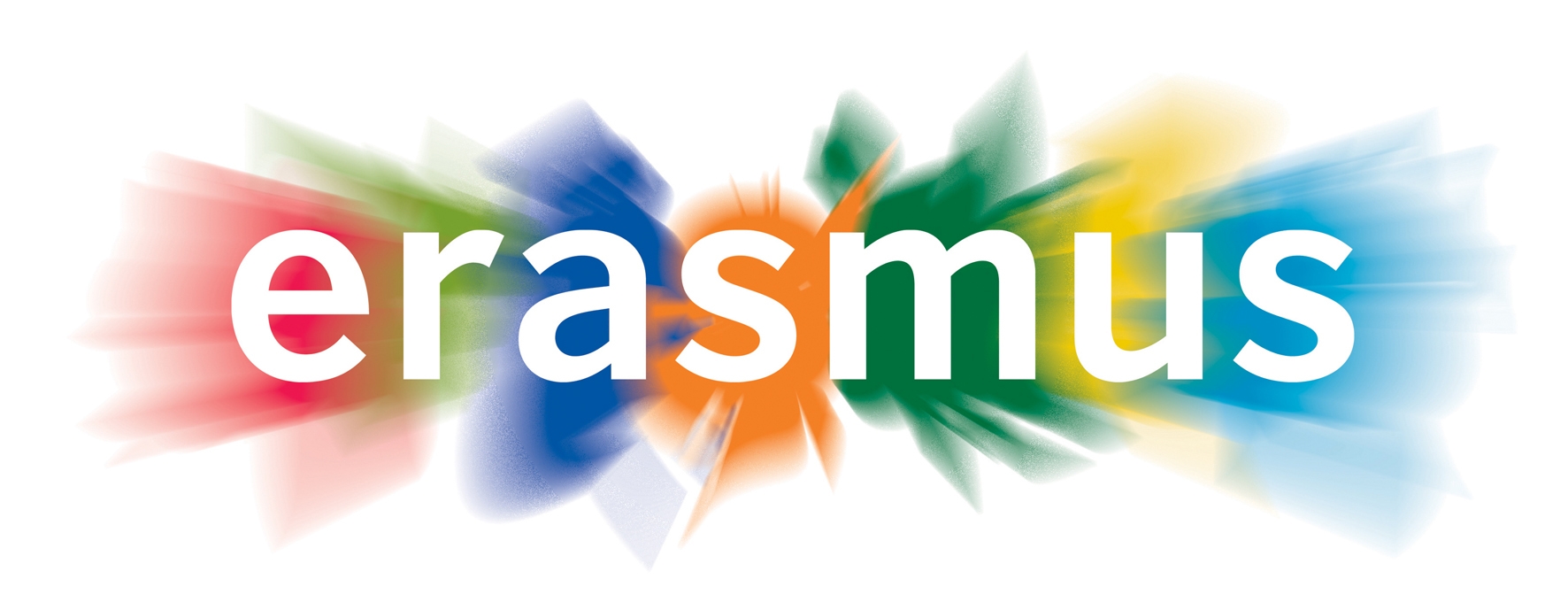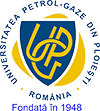
About Erasmus+
It has an estimated budget of €26.2 billion. This is nearly double the funding compared to its predecessor programme (2014-2020). The 2021-2027 programme places a strong focus on social inclusion, the green and digital transitions, and promoting young people’s participation in democratic life. It supports priorities and activities set out in the European Education Area, Digital Education Action Plan and the European Skills Agenda. The programme also supports the European Pillar of Social Rights implements the EU Youth Strategy 2019-2027 develops the European dimension in sport. Learn moreErasmus+ offers mobility and cooperation opportunities in
- higher education
- vocational education and training
- school education (including early childhood education and care)
- adult education
- youth
- sport
The results of the Erasmus+ programme are available through a variety of channels, including reports, statistics collections, and the Erasmus+ Project Results Platform. This ensures that the outcomes of funded projects and initiatives are widely accessible and can be used to inform future program development and inspire others.
Reports:
- Erasmus+ Annual Reports: These comprehensive reports provide an overview of the program’s activities and achievements each year. They include data on the number of participants, the types of projects funded, and the impact of the program. https://www.europarl.europa.eu/doceo/document/A-9-2023-0413_EN.html
- Thematic Reports: These reports focus on specific aspects of the Erasmus+ programme, such as inclusion, language learning, or higher education. They provide in-depth analysis and insights into these areas. https://www.europarl.europa.eu/doceo/document/A-9-2023-0413_EN.html
- Impact Studies: These studies assess the long-term impact of Erasmus+ on participants, institutions, and society as a whole. They provide valuable evidence of the program’s effectiveness. https://www.europarl.europa.eu/doceo/document/A-9-2023-0413_EN.html
Statistics Collections:
- Erasmus+ Statistics: The European Commission publishes a variety of statistical data on the Erasmus+ programme. This data can be used to track trends, identify areas for improvement, and inform policy decisions. https://erasmus-plus.ec.europa.eu/resources-and-tools/statistics-and-factsheets
- Erasmus+ Impact Indicators: These indicators measure the impact of the Erasmus+ programme on participants, institutions, and society. They provide a way to track progress and assess the effectiveness of the program. https://erasmus-plus.ec.europa.eu/resources-and-tools/statistics-and-factsheets
Erasmus+ Project Results Platform:
- This online platform provides access to a wealth of information about Erasmus+ projects, including project descriptions, outcomes, and contact details. It is a valuable resource for anyone interested in learning more about the program’s work. https://erasmus-plus.ec.europa.eu/projects
General Objective:
- To support, through lifelong learning, the educational, professional, and personal development of people involved in education, training, youth, and sport, both within and outside Europe, thereby contributing to sustainable growth, quality jobs, social cohesion, driving innovation, and strengthening European identity and active citizenship.
- The Programme is thus an essential instrument for establishing a European Education Area, for supporting the implementation of European strategic cooperation in education and training, with the relevant sectoral agendas.
- It is also essential for promoting cooperation in the field of youth policy within the EU Youth Strategy for 2019-2027, as well as for developing the European dimension in sport.
Specific Objectives:
- To promote the mobility of individuals and groups for learning purposes, as well as cooperation, quality, inclusion and equity, excellence, creativity and innovation at the level of organisations and policies in the field of education and training;
- To promote mobility for non-formal and informal learning purposes, active youth participation, as well as cooperation, quality, inclusion, creativity and innovation at the level of organisations and policies in the field of youth;
- To promote the mobility of sports staff for learning purposes, as well as cooperation, quality, inclusion, creativity and innovation at the level of sports organisations and sports policies.
Key Points:
- The Erasmus+ Programme is a comprehensive initiative that aims to support the development of individuals and organizations across a wide range of sectors.
- The Programme’s objectives are aligned with the broader goals of the European Union, such as promoting sustainable growth, social cohesion, and innovation.
- Erasmus+ is a key tool for building a stronger and more united Europe.
Additional Information:
- The Erasmus+ Programme is funded by the European Union.
- The Programme is open to participants from all EU Member States, as well as from Partner Countries.
- There are a variety of funding opportunities available under the Erasmus+ Programme, including grants for mobility, projects, and partnerships.
1. Inclusion and Diversity
- Core Objective: Ensure equal opportunities and access, inclusion, diversity, and fairness in all program actions.
- Focus: Empowering organizations and participants with fewer opportunities to fully participate in Erasmus+ activities.
- Key Actions:
- Providing targeted support and resources to disadvantaged groups.
- Promoting inclusive practices in project design and implementation.
- Encouraging participation from underrepresented communities.
2. Digital Transformation
- Core Objective: Harness the power of digital technologies to enhance teaching, learning, and skills development.
- Focus: Equipping individuals and institutions with the digital skills needed to thrive in the digital age.
- Key Actions:
- Supporting the development of innovative digital teaching and learning methods.
- Promoting digital literacy and critical thinking skills among participants.
- Fostering the use of digital tools for collaboration and communication.
3. Environment and Climate Change
- Core Objective: Empowering learners and educators to address environmental challenges and promote sustainable development.
- Focus: Raising awareness and understanding of environmental issues and fostering action towards a greener future.
- Key Actions:
- Supporting projects that promote sustainable practices in education and training.
- Encouraging participation in environmental initiatives and campaigns.
- Developing curricula and training materials on environmental sustainability.
4. Participation in Democratic Life, Common Values, and Civic Engagement
- Core Objective: Strengthen active citizenship, promote European values, and enhance democratic participation.
- Focus: Empowering individuals to engage meaningfully in their communities and in the European project.
- Key Actions:
- Supporting projects that promote civic education and participation.
- Encouraging intercultural dialogue and understanding.
- Fostering a sense of European identity and belonging.
These four priorities are interconnected and mutually reinforcing. By addressing these priorities, the Erasmus+ Programme aims to contribute to a more inclusive, innovative, sustainable, and democratic Europe.

